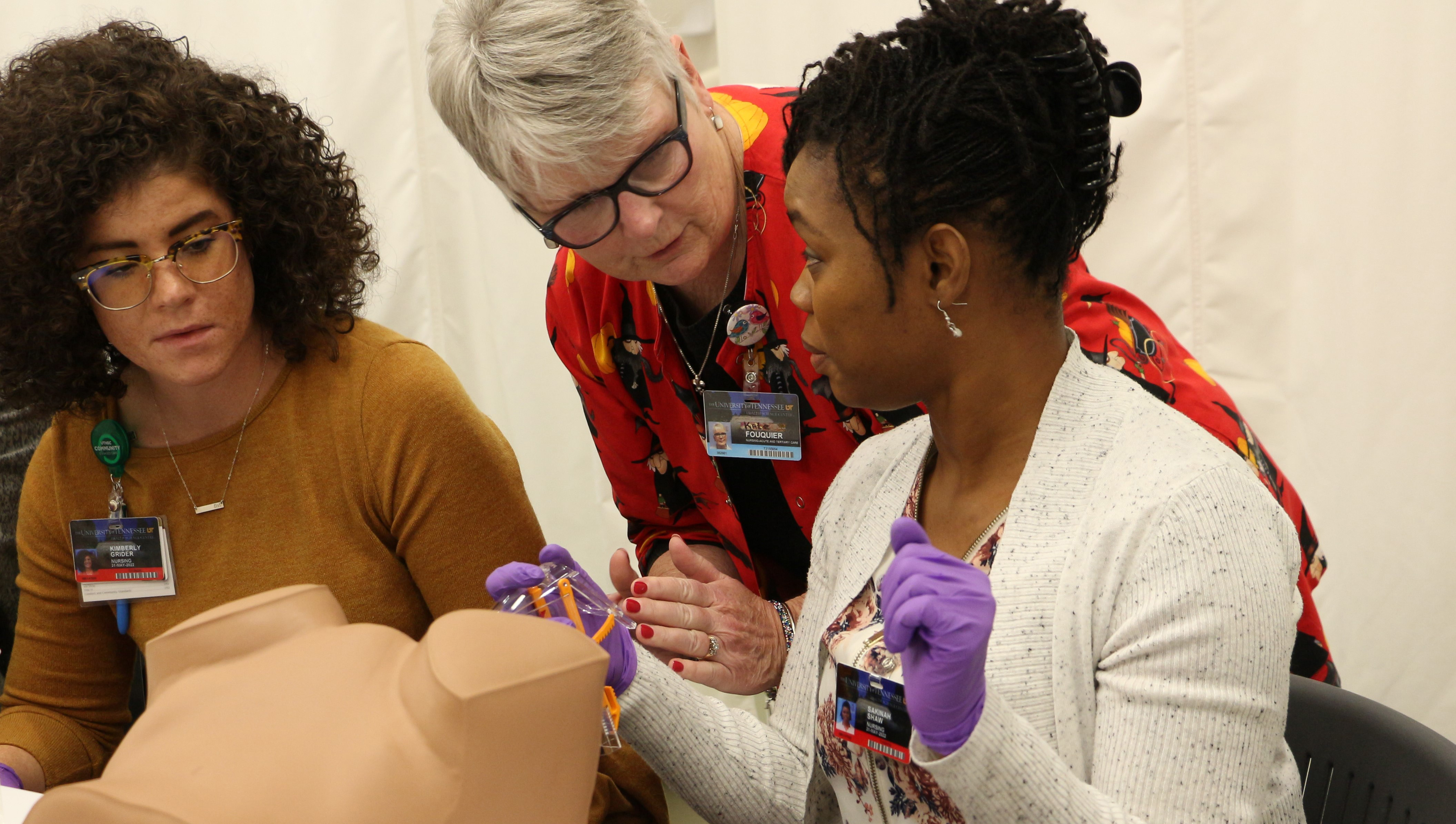DOI
10.21007/con.dnp.2021.0012
Faculty Advisor
Michelle Rickard, DNP, APNP-C
Document Type
Poster
Publication Date
Fall 10-11-2021
Disciplines
Community Health and Preventive Medicine | Family Medicine | Family Practice Nursing | Maternal and Child Health | Maternal, Child Health and Neonatal Nursing | Medicine and Health Sciences | Mental and Social Health | Nursing | Pediatrics | Psychiatric and Mental Health Nursing | Psychiatry | Psychiatry and Psychology | Public Health and Community Nursing
Abstract
Purpose/Background: Adverse Childhood Experiences (ACEs) have an impact on health throughout the lifespan (Filletti et al., 1999; Hughes et al., 2017). These experiences range from physical and mental abuse, substance abuse in the home, parental separation or loss, financial instability, acute illness or injury, witnessing violence in the home or community, and incarceration of family members (Hughes et al., 2017). Understanding and screening for ACEs in children with urinary incontinence can help practitioners identify psychological stress as a potentially modifiable risk factor.
Methods: A 5-month chart review was performed identifying English speaking patients ages 6-11 years presenting to the outpatient urology office for an initial visit with a primary diagnosis of urinary incontinence. Charts were reviewed for documentation of individual or family risk factors for ACEs exposure, community risk factors for ACEs exposures, and records where no related documentation was included.
Results: For the thirty-nine patients identified, no community risk factors were noted in the charts. Seventy-nine percent of patients had one or more individual or family risk factors documented. Implications for Nursing Practice This chart review indicates that a significant percentage of pediatric, school-aged patients presenting with urinary incontinence have exposure to ACEs. A formal assessment for ACEs at the time of initial presentation would be helpful to identify those at highest risk.
References: Felitti VJ, Anda RF, Nordenberg D, Williamson DF, Spitz AM, Edwards V, Koss MP, Marks JS. Relationship of childhood abuse and household dysfunction to many of the leading causes of death in adults: the adverse childhood experiences (ACE) study. Am J Prev Med. 1998;14:245–258
Hughes, K., Bellis, M.A., Hardcastle, K.A., Sethi, D., Butchart, D., Mikton, C., Jones, L., Dunne, M.P. (2017) The effect of multiple adverse childhood experiences on health: a systematic review and meta-analysis. Lancet Public Health, 2(8): e356–e366. Published online 2017 Jul 31.doi: 10.1016/S2468-2667(17)30118-4
Lai, H., Gardner, V., Vetter, J., & Andriole, G. L. (2015). Correlation between psychological stress levels and the severity of overactive bladder symptoms. BMC urology, 15, 14. doi:10.1186/s12894-015-0009-6
Recommended Citation
Travis, Amanda Jill MSN, FNP-C; Harvey, Margaret C. PhD, APRN, ACNP-BC, CHFN; and Rickard, Michelle DNP, APNP-C , "Adverse Childhood Experiences and Urinary Incontinence in Elementary School Aged Children" (2021). Doctor of Nursing Practice Projects. Paper 12. http://dx.doi.org/10.21007/con.dnp.2021.0012.
https://dc.uthsc.edu/dnp/12
Included in
Community Health and Preventive Medicine Commons, Family Medicine Commons, Family Practice Nursing Commons, Maternal and Child Health Commons, Maternal, Child Health and Neonatal Nursing Commons, Mental and Social Health Commons, Pediatrics Commons, Psychiatric and Mental Health Nursing Commons, Psychiatry Commons, Psychiatry and Psychology Commons, Public Health and Community Nursing Commons


